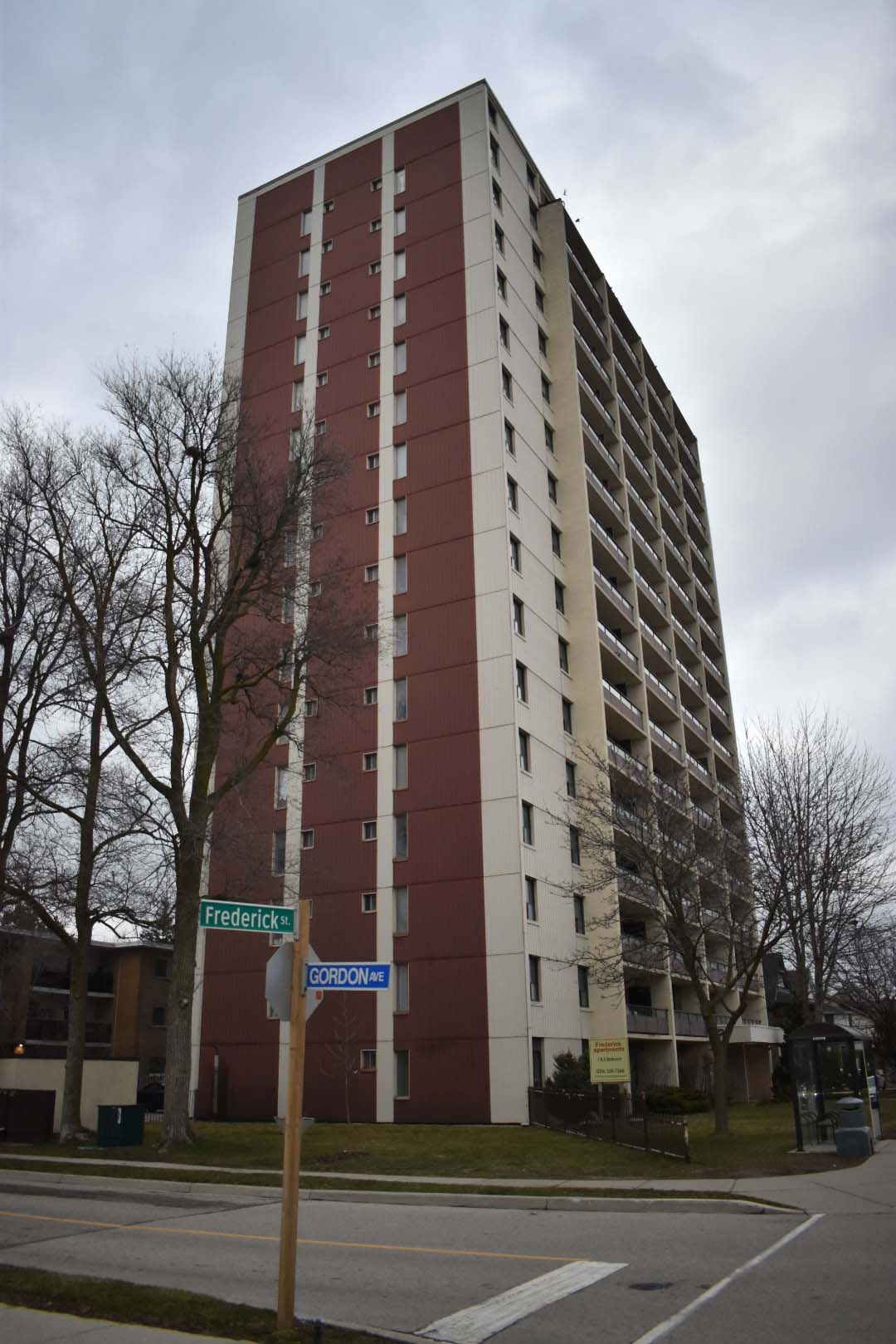The rapid growth in the city might be a beacon of hope to many individuals attempting to find housing in the Tri-City area. With the ongoing intensity of the rental market, long-term residents continue to find themselves victim to heinous “renovictions” and other questionable eviction processes. A recent study by ACORN (Association of Community Organizations for Reform Now) Canada, has revealed that renovictions are continuing to rise in the Tri-Cities at an alarming rate.
As previously documented in large publications and research papers on evictions in the Tri-Cities, it is common for bad -faith N12s and N13s to that be serve to tenants. A common example of a bad-faith N13 is when existing tenants move out and new tenants are brought in and charged a higher rate. Being that renovictions are often filed under the guise of the urgent need for renovations, many tenants have faced wrongful eviction notices, claiming that repairs had been made to issues that simply don’t exist.
Recently, 15 tenants on Fredrick St in Kitchener have been given a N13 notice regarding the need to repair plumbing and appliances, however no reports have been made regarding plumbing issues and no building permit was filed by the landlord. Tenants on Traynor Ave. in Kitchener are experiencing the same problem, where a landlord served an eviction notice without even gaining proper building permits to perform the intended renovations.
With the city forecasting a staggering 300% rise in homelessness by 2028, the provincial government is simply not remedying bad -faith evictions, thus creating unsustainable and insecure housing for at-risk tenants.
Member of the Provincial Parliament (MPP) for Kitchener Centre, Aislinn Clancy, was recently interviewed regarding the renovictions on Frederick St.
“We can prevent homelessness by keeping people housed,” she said.
She is right, but the Office of the Minister of Municipal Affairs and Housing falls short of any impactful change. The Office of the Minister of Municipal Affairs and Housing has stated that it will protect renters by increasing the maximum fines on individual landlords to $100,000 and to corporations to $500,000 if found in violation of the Residential Tenancies Act.
Realistically speaking, this is an insignificant amount for many real estate corporations. Moreover, do we really have faith in the Landlord and Tenant Board of Ontario (LTB)? The backlog at the LTB consists of over 50,000 cases affecting about e million Ontarians. It is simply a broken system that is not providing any value to either tenants or landlords.
There are some solutions to this mess that have been adopted by the Tri-Cities to curb -faith evictions. In January, Hamilton passed a local bylaw which was Ontario’s first anti-renoviction bylaw.
This bylaw states that landlords must retrieve a license from the city and getting the license requires both a building permit and a qualified expert’s confirmation that nobody can live there during renovations., This must also be done within seven days of issuing an eviction.
This bylaw should be adopted by the Tri-Cities as the city’s growth can lead to an increase in N13s. It may seem that Kitchener is slowly acting as the implementation of Inclusionary Zoning was passed by city council on March 19, 2024. Inclusionary Zoning was proposed in early 2024; it requires that developers include affordable housing in new apartment buildings, especially along the ION transit line.
This is a slow start and as usual, it is a reactive measure rather than a proactive measure. As times become increasingly more difficult for the city and disadvantaged tenants continue to find themselves in limbo, we can hope that reports and productive bylaws lead to action.




Leave a Reply